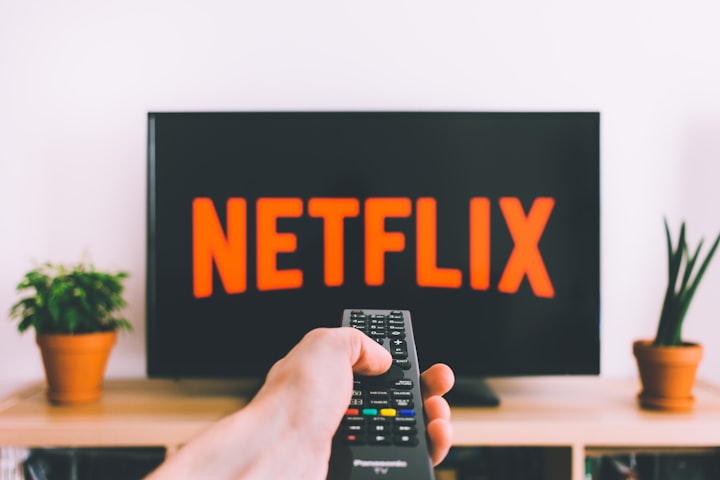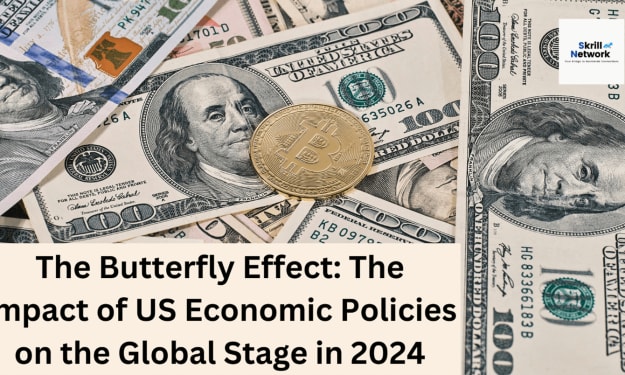"The Science of Binge-Watching: Why We Can't Stop Watching TV"
Binge-Watching

Introduction:
In the age of streaming services and on-demand content, binge-watching has become a widespread phenomenon. The allure of consuming multiple episodes or even entire seasons in one sitting has captivated audiences around the world. But what is it about binge-watching that keeps us glued to the screen? In this article, we explore the science behind binge-watching, uncovering the psychological and physiological factors that contribute to our insatiable desire to indulge in marathon viewing sessions. Prepare to dive into the fascinating world of binge-watching and understand why we simply can't stop.
1. "The Pleasure of Escapism: Binge-Watching as a Form of Entertainment"
At its core, binge-watching provides an immersive form of entertainment that allows us to escape reality. Explore how binge-watching offers an opportunity to temporarily disconnect from our daily lives and delve into fictional worlds. Witness how the captivating narratives, compelling characters, and intricate storylines of TV shows draw us in, creating an addictive experience that keeps us craving more.
2. "The Power of Cliffhangers: The Science of Hooking Viewers"
Cliffhangers play a significant role in the appeal of binge-watching. Explore the psychological mechanism behind cliffhangers, as they create suspense and anticipation, leaving viewers eager to uncover the resolution. Witness how TV shows strategically employ cliffhangers at the end of episodes or seasons, enticing viewers to continue watching to satisfy their curiosity.
3. "Neurochemistry at Play: The Role of Dopamine in Binge-Watching"
Dopamine, a neurotransmitter associated with pleasure and reward, plays a crucial role in the binge-watching experience. Explore how binge-watching triggers the release of dopamine in our brains, creating a pleasurable sensation that keeps us engaged. Witness how the anticipation of a plot twist, character development, or a satisfying resolution stimulates the brain's reward system, driving our desire to continue watching.
4. "The Habit Loop: How Binge-Watching Becomes a Habit"
Binge-watching often becomes a habit due to the habit loop, a cycle that includes a cue, a routine, and a reward. Explore how the cue, such as finishing an episode, triggers the routine of starting the next one, leading to the reward of entertainment and emotional satisfaction. Witness how the repetition of this loop reinforces the habit of binge-watching, making it a regular part of our leisure time.
5. "Emotional Connection: The Power of Character Development"
One of the key factors that keep us hooked on TV shows is the emotional connection we develop with the characters. Explore how well-developed characters, their struggles, relationships, and personal growth resonate with viewers, evoking empathy and investment in their stories. Witness how this emotional connection compels us to continue watching, eager to witness the characters' journeys unfold.
6. "Social Connection: The Rise of Shared Viewing Experiences"
Binge-watching has also transformed into a social experience. Explore how the availability of streaming platforms and online communities has facilitated shared viewing experiences. Witness the impact of online discussions, fan theories, and live-tweeting on social media, as viewers engage with others and build a sense of community around their favorite shows. Discover how these social connections enhance the binge-watching experience, making it even more enjoyable and addictive.
7. "The Paradox of Choice: Decision Fatigue and Binge-Watching"
The abundance of content available for binge-watching can sometimes be overwhelming, leading to decision fatigue. Explore how the paradox of choice can actually drive us to engage in binge-watching. Witness how the convenience of streaming platforms and curated recommendations alleviate decision fatigue, making it easier to indulge in extended viewing sessions.
Conclusion:
Binge-watching has become a cultural phenomenon, driven by the perfect storm of compelling storytelling, emotional connections, and the convenience of streaming services. The science behind our insatiable desire to binge-watch reveals the psychological and physiological factors that contribute to this addictive behavior. As we continue to explore new TV shows and immerse ourselves in binge-watching marathons, it's important to strike a balance between entertainment and our overall well-being.
Keywords: binge-watching, TV shows, escapism, cliffhangers, dopamine, habit loop, character development, emotional connection, social connection, decision fatigue.





Comments
There are no comments for this story
Be the first to respond and start the conversation.